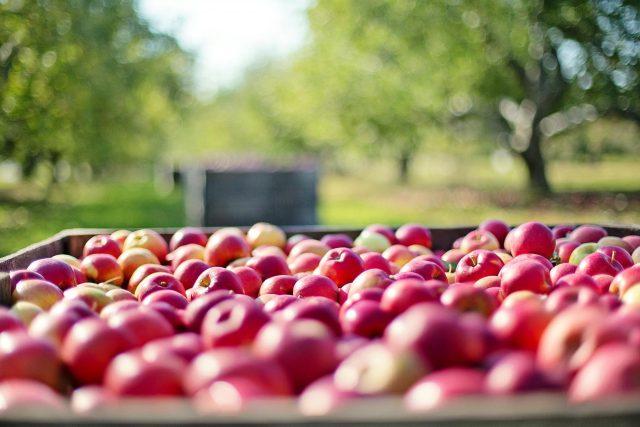
Safeguarding Autonomy is Now a Priority for the Future of European Agriculture
In recent months, the debate on the Common Agricultural Policy (CAP) has taken on increasing importance within the EU Agriculture and Fisheries Council. The proposal put forward by the European Commission to integrate CAP funds into a single ‘national fund’, merging over 500 currently separate programmes, has sparked strong opposition from several Member States and major associations in the sector, including Coldiretti and Filiera Italia. According to these organisations, such a decision would represent a serious threat to the future of European agriculture. The Common Agricultural Policy is one of the most important instruments of the European Union, essential for ensuring the stability and sustainability of the agricultural sector. It provides essential resources to support food production, protect farmers from market fluctuations and promote sustainable agricultural practices. Coldiretti stresses that defending the CAP is essential to maintaining the continent’s food sovereignty, especially in a period characterised by geopolitical uncertainties and global economic crises.
If CAP resources were to be integrated into a single national fund, there would be a risk of losing the specificity of agricultural policies, dispersing funds that should be allocated exclusively to the primary sector. This scenario would put Europe’s food security and the competitiveness of agricultural businesses at risk, as they would face further difficulties without targeted and adequate support. The main Italian agricultural sector organisations, including Coldiretti and Filiera Italia, have firmly opposed this proposal. According to Coldiretti, the decision to unify agricultural funds with those of other sectors such as Cohesion would be a step backwards in protecting European agricultural exceptionalism. The CAP, in fact, represents a policy with unique characteristics, necessary to address the specific challenges of the agri-food sector.
Furthermore, Coldiretti highlights the need to invest in infrastructure and water resources to fill the structural deficit that weighs on agricultural production. Rather than unify the funds, it would be more appropriate to develop synergies between the CAP and the structural funds, ensuring strategic investments without compromising the autonomy of agricultural policy. The idea of a single national fund, put forward by the European Commission, is not new: a reform in this direction had already been hypothesized in the previous legislature, but the proposal was received with great scepticism. Today, with the resurgence of this idea, Coldiretti and Filiera Italia reiterate their firm dissent, underlining that the unification of funds could irreversibly damage the entire agri-food chain.
Among the main critical issues of this proposal are:
Reduction of agricultural specificity: The CAP has different needs compared to other economic sectors. Inserting agricultural funds into a broader container could lead to a redistribution of resources that is not optimal for agriculture.
Increased bureaucracy: A centralized and unified management system could increase administrative complexity, making it more difficult for farmers to access funding.
Less support for farmers: With competition between sectors for the allocation of resources, the risk is that farmers will see the funds allocated to them reduced.
Loss of food sovereignty: Without adequate support, the European agricultural sector could become increasingly dependent on imports, threatening the continent’s food security.
If the European Commission’s goal is to optimize the use of funds, the way forward should be different. Rather than unifying funding, it would be appropriate to create synergies between the CAP and the structural funds, without compromising their autonomy. Investments in infrastructure, advanced irrigation systems and technological innovation could improve agricultural productivity and ensure greater resilience of the sector. In this context, Italy’s role will be crucial. Coldiretti and Filiera Italia have already demonstrated their ability to influence political decisions on agricultural matters and will continue to make their voices heard in European forums. It will be essential that the Italian government, together with the other Member States opposed to the Commission’s proposal, work to preserve the integrity of the CAP and ensure a sustainable future for European agriculture.
The CAP is a fundamental pillar for the European economy and the continent’s food security. The proposal to unify agricultural funds with those of other sectors could have disastrous consequences for the agri-food sector. For this reason, it is essential to defend the autonomy of the Common Agricultural Policy and find alternative solutions that can ensure targeted investments without compromising support for farmers. Coldiretti and Filiera Italia will continue to fight for a future in which European agriculture can thrive without having to sacrifice its financial and strategic independence.



 Subscribe
Subscribe